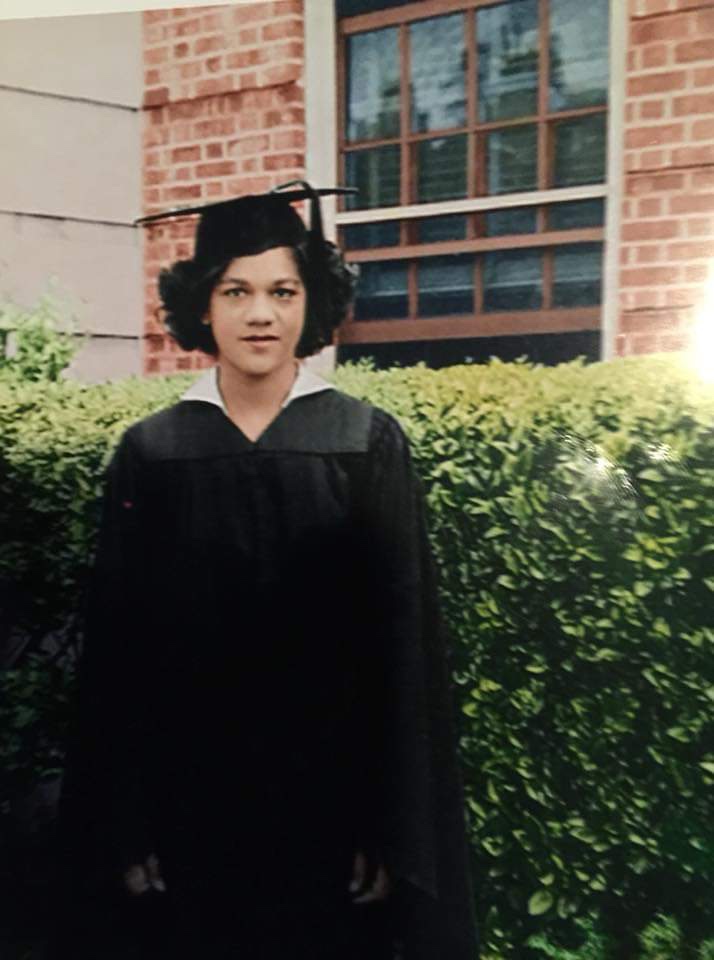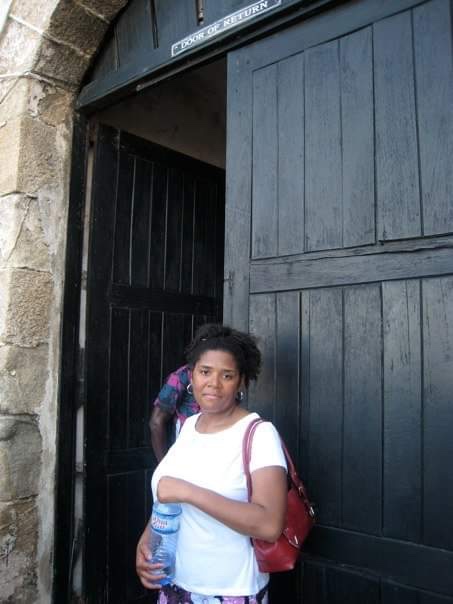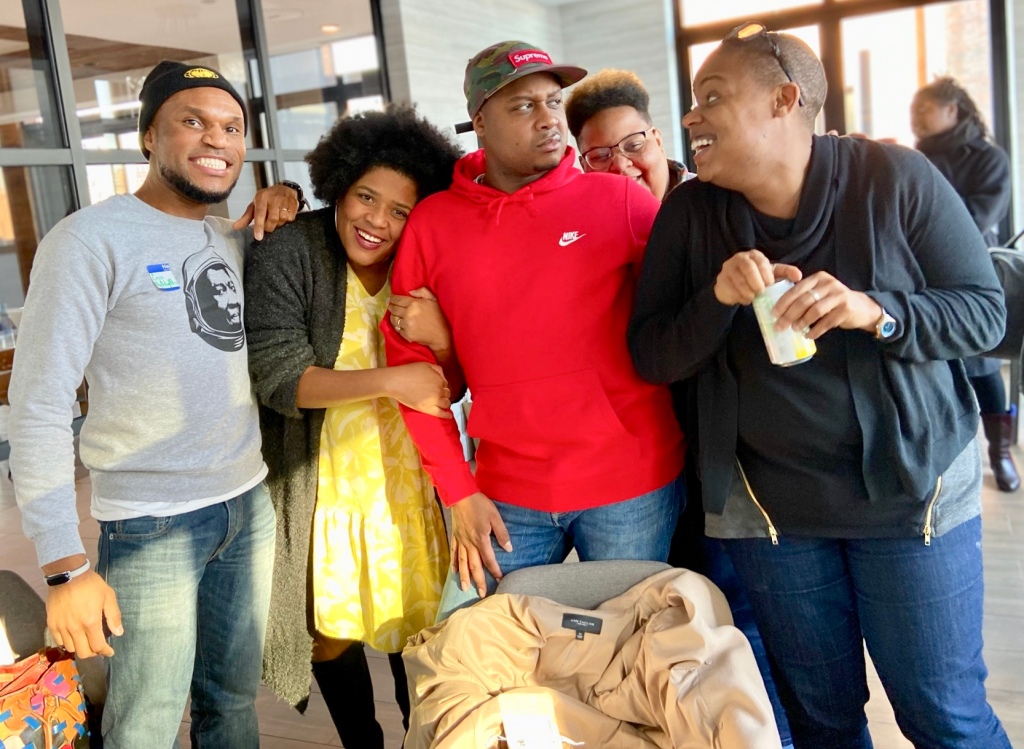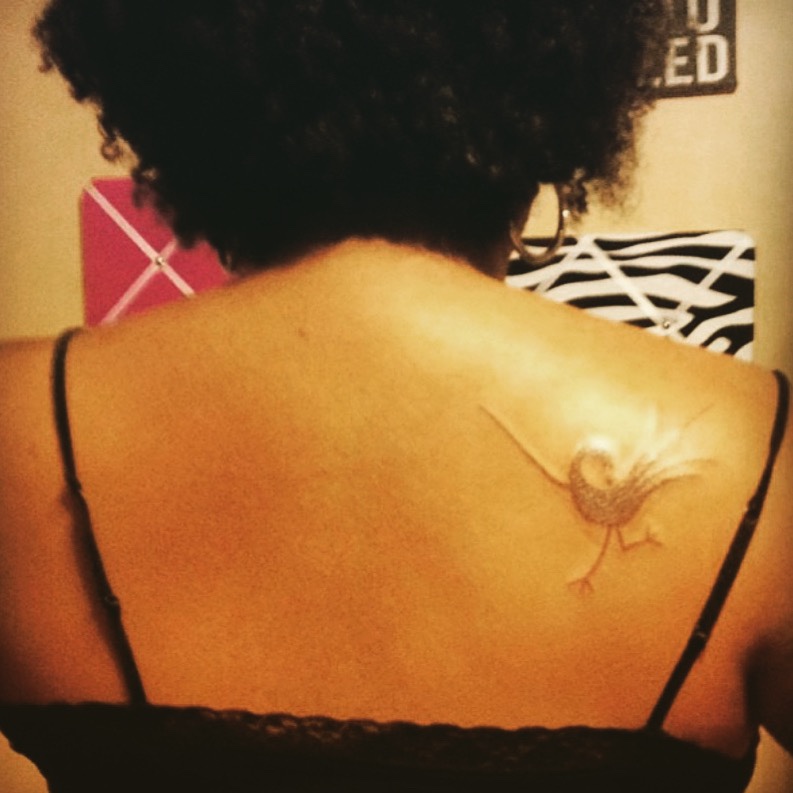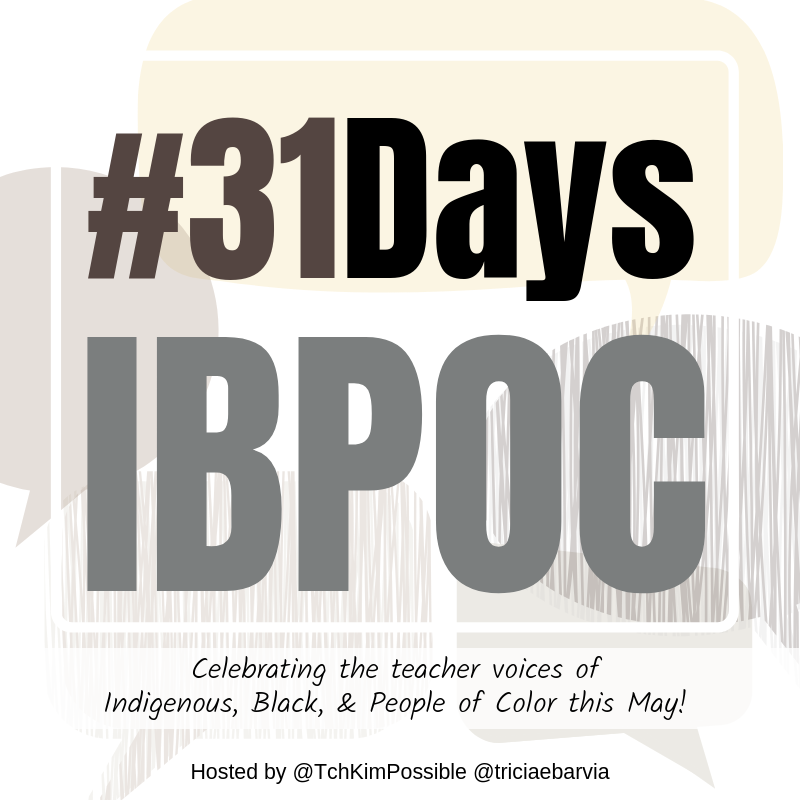Dear people,
Just as in most years past, mailing holiday greetings would extend my capacity to adult too far for me to manage. I can pull off writing a letter here and posting on social media, though.
I’ll lie a lot less than most of you do. For one, I have no children to be a braggart about. (For the record, if your child is less than perfect, they are human and lovable just as they are.) But I’ve also learned the importance of vulnerability over the past several years. And vulnerability requires living in our truth. Though it’s landed me in some places I’ve had to run –– sometimes even crawl –– away from, living with authenticity has taught me how to live my messy, messy life with as much grace, brilliance, and beauty as the universe affords me.
Integrity and resilience unintentionally became my words of the year in 2022. This year more than any other, I have had to choose to be who I say I am over and over again. Dreams that I’d pursued for over a decade became reality. As they did, I quickly discovered that I’d been traipsing down a yellow brick road. The wizards I’d venerated were not just ordinary; they were extraordinarily problematic –– harmful to my body and being.
I’ve been transparent about my health journey since my diabetes diagnosis in the spring. What I haven’t said is how deeply I believe that all the work I’d done since my PCOS diagnosis twenty-six years ago, when I was warned that I was at high risk for developing diabetes, was foiled by the harrowing circumstances of the second half of 2021 and most of this year. I have been known to surrender myself to my work. It’s easy to do when it feels less like a career and more like a calling, especially because the best thing this world has to offer, our children, are the ultimate recipients of my sacrifices. But I was giving too much. I was a martyr. Something had to give. . .
I let go.
Of it all.
I leapt.
I would never take full credit for the good in my life. I believe in God. I believe in the people in my life. I believe in therapy. But more than during any other difficult circumstances in my life, when I began my descent, this time I caught myself. “This isn’t the medicine,” a doctor told me. “It doesn’t work this fast. This is YOU.” It was me. It was me at the gym doing the work. It was me filling my plate with foods that heal rather than harm my body. It was me who chose integrity and humanity over publication. It was me showing up to my weekly therapy appointment. It was me finally showing up for myself.
That yellow brick road brought me to some harsh realizations. But it also sent me on a journey back to myself. It brought me home:
I am all kinds of things. Those of you who really know me have seen me go from forcing my belly to bulge like the Buddha’s and rubbing it to make people laugh to forcing folx to reckon with white supremacy in a matter of minutes. This year has taught me again that I am, above all, the kind of person who does hard things. There is no easy way to live well. Life requires us to be born and to die again and again. That is the nature of being.
May this holiday season be an opportunity for you to love infinitely and reflect on your own being. Wishing you the best. . .
Love always,
Aeriale
